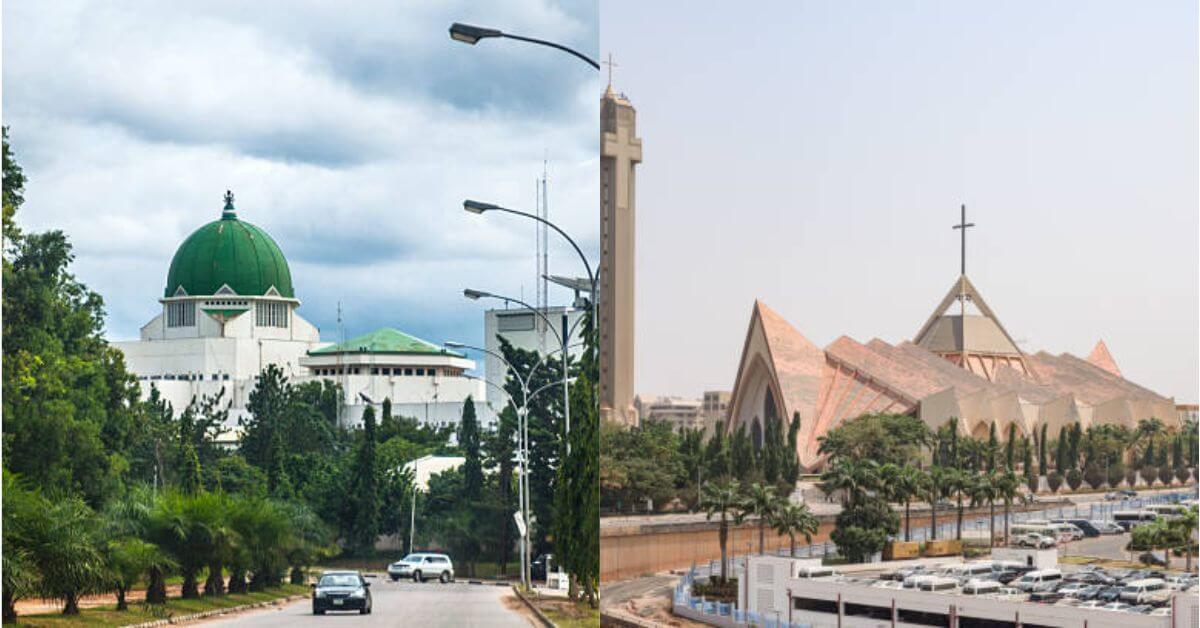Unraveling the Story Behind Abuja’s Name. Nigeria’s capital, Abuja, is a thriving metropolis renowned for its cutting-edge infrastructure, hopping marketplaces, and rich cultural history.
But have you ever wondered where the name of this city came from? The unique history of Abuja’s moniker is a reflection of Nigeria’s long past.
This blog article will dig into the fascinating process that led to Abuja being chosen as Nigeria’s capital and examine the name’s etymology.
Pre-Abuja Period: Search for a New Capital in Nigeria
Let’s first examine the historical background of Abuja’s name before getting into the specifics.
In 1960 Nigeria declared independence from British colonial rule, and Lagos was made the nation’s capital.
However, because of the country’s rapid population increase and weak infrastructure, the Nigerian government became aware of the need for fresh funding to meet the expanding demands of the nation.
The Search for an Appropriate Location
In 1976, the Nigerian government began looking for a new capital city that would be accessible and strategically placed.
The “Geographical Heart of Nigeria” in the middle of Nigeria was chosen after considerable consideration.
There were a number of settlements in this region, including Gwagwa, Garki, and Suleja.
Abuja’s Naming
“Abuja” was picked as the name for the new capital.
The Gwari people, the area’s original inhabitants, are responsible for the name’s etymology.
The word “Abuja,” which in Gwari means “people of authority” or “place of the king,” was used.
It symbolized the majesty and significance that the Nigerian government wished to infuse into the new capital.
Meaning and Symbolism
- Unity and Diversity:
Nigeria’s capital, Abuja, was chosen to represent the nation’s diversity and unity.
Nigeria has more than 250 different ethnic groupings, therefore choosing Abuja as the nation’s capital attempted to foster a sense of inclusivity and shared identity.
As a symbol of Nigeria’s blending of diverse cultures, languages, and traditions, the word “Abuja” acts as a unifying factor.
- Authority and Power:
The name Abuja, which means “people of authority” or “place of the king,” conveys a sense of significance and strength.
Abuja, the capital of Nigeria, is the location of the nation’s political power and is home to the Supreme Court, National Assembly, and Nigerian Presidential Complex, among other government buildings.
The name emphasizes the crucial role Abuja plays in leading the country and making important choices that determine Nigeria’s destiny.
- Aspirations and Progress:
The name Abuja reflects the goals and ambitions of Nigeria, a country that is quickly developing.
Nigeria intended to establish Abuja as a representation of development, modernity, and growth by selecting a name that conveys power and distinction.
The name embodies the desire of the country to build a vibrant, progressive capital that might guide Nigeria into a bright future.
- Cultural Heritage and Identity:
Abuja is a contemporary metropolis that is based on a rich cultural legacy. Cultural heritage and identity.
Because of the Gwari people’s long history in the area, the name “Abuja” is derived from them.
Nigeria acknowledges and honors the various cultural antecedents that make up the fabric of its national identity by including this regional heritage in the name.
- International Recognition:
Abuja’s name commands respect on a global scale. Abuja, the capital of Nigeria, serves as a diplomatic and commercial center and welcomes visitors for high-profile conferences and events.
The term “Abuja” represents Nigeria’s leadership, diplomacy, and interaction with the international community.
It symbolizes Nigeria’s position as a significant actor on the world stage.
Construction and development
After the name was chosen, work on turning the formerly dotted village into a modern metropolis started.
The Nigerian government made significant investments in infrastructure, erecting buildings for administrative offices, homes, hospitals, schools, and cultural attractions.
Kenzo Tange, a well-known Japanese architect, focused on achieving a harmonious fusion of modernism and nature when constructing the city’s master plan.
Abuja Today
Abuja has developed significantly since its founding.
On December 12, 1991, it replaced Lagos as the nation’s capital.
Today, it serves as the country’s administrative center and stands as a tribute to Nigeria’s development and ambition by hosting several international conferences and diplomatic missions.
Conclusion
Unraveling the Story Behind Abuja’s Name. Abuja’s name represents Nigeria’s hopes and vision as it set out to build a new capital city that would stand for harmony, power, and development.
The name “Abuja” honors the native Gwari people while encapsulating the majesty and significance appropriate for a capital city.
Abuja is a tribute to Nigeria’s rich history, cultural variety, and unrelenting desire for a better future as it expands and changes even now.





